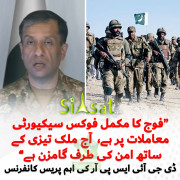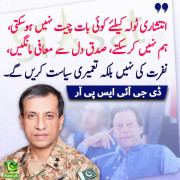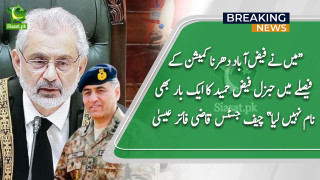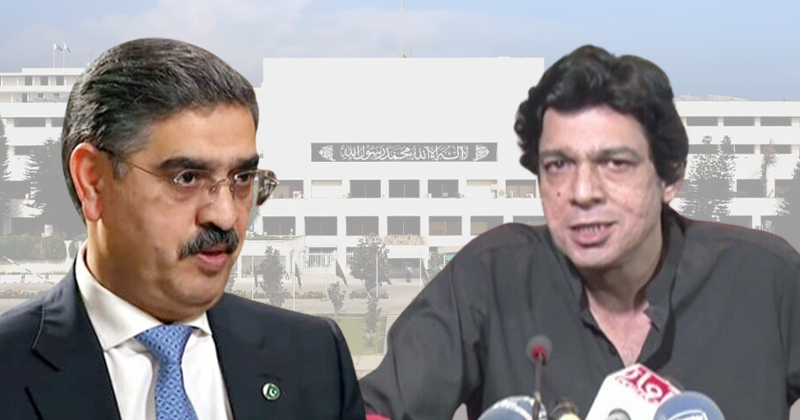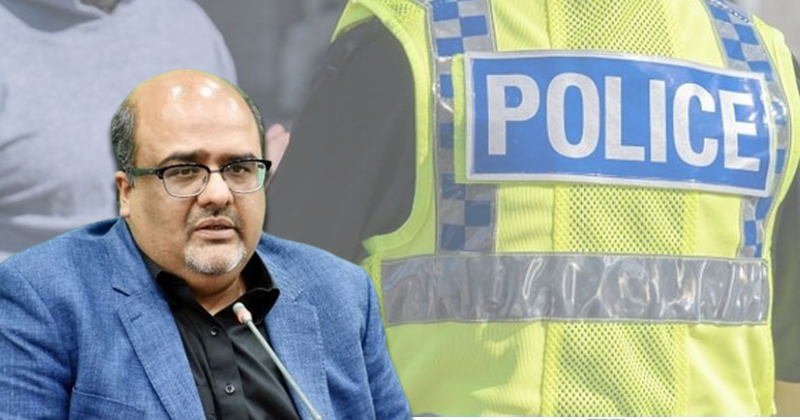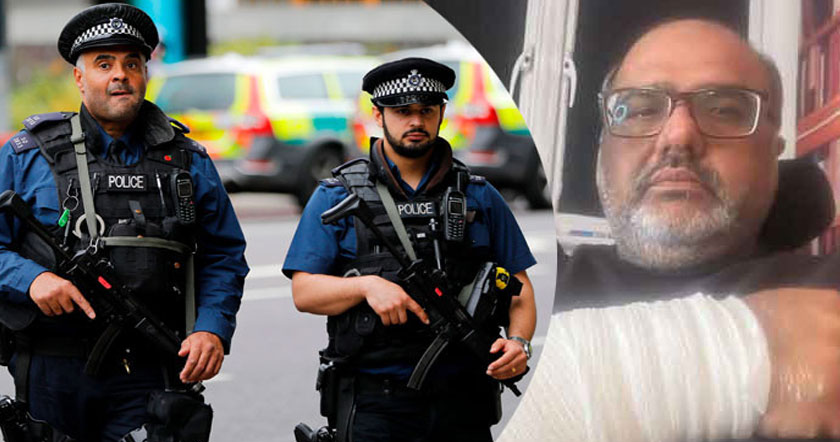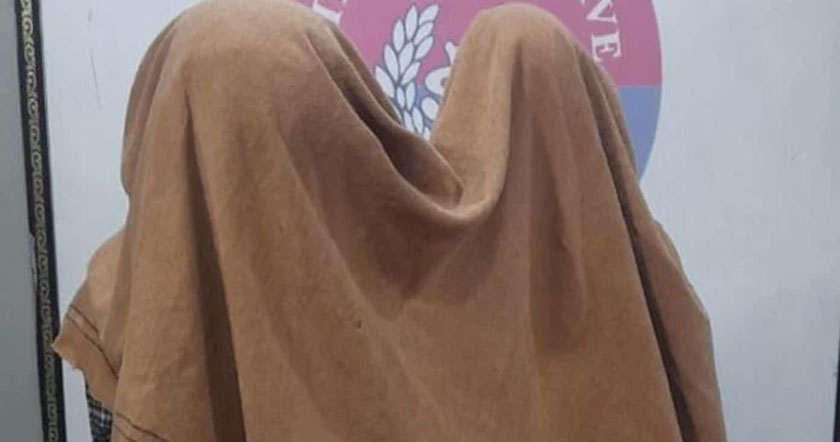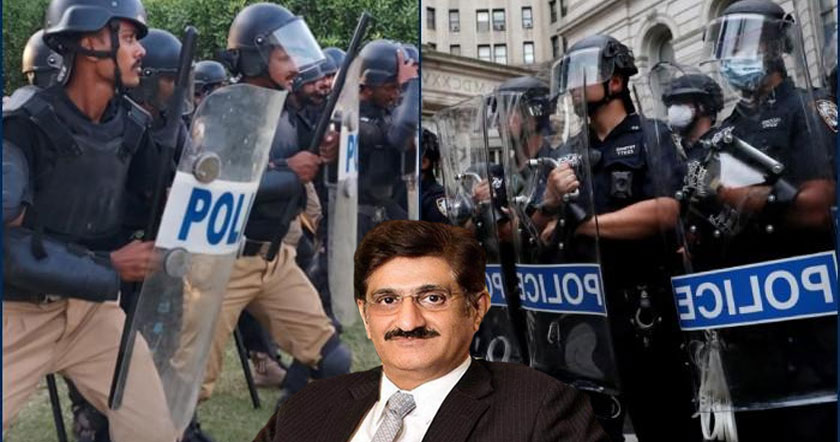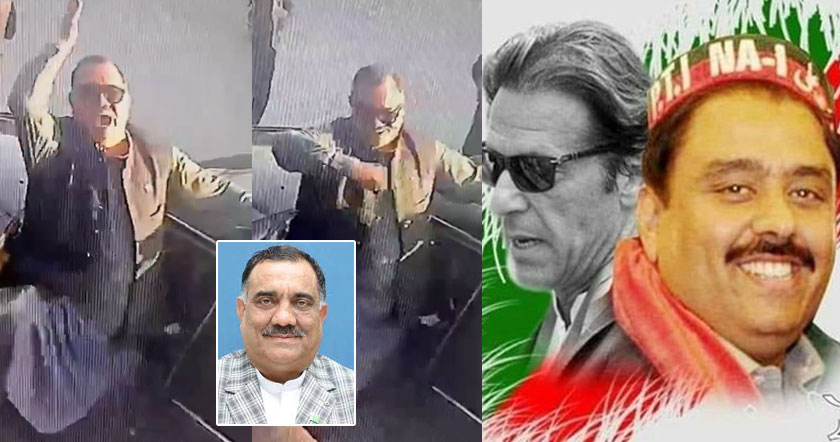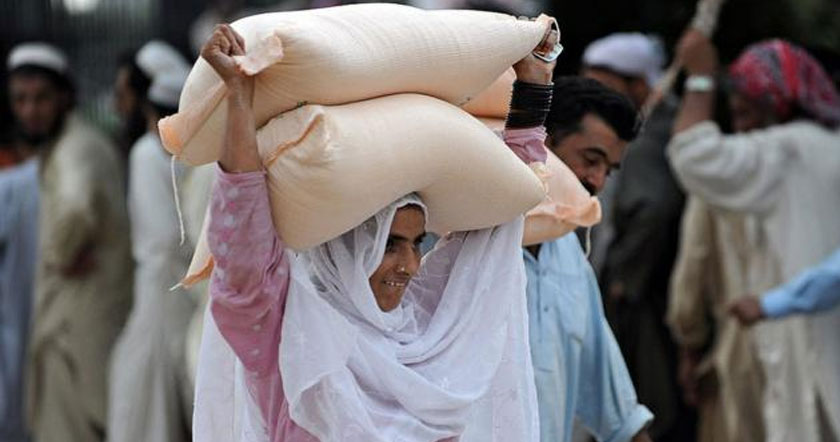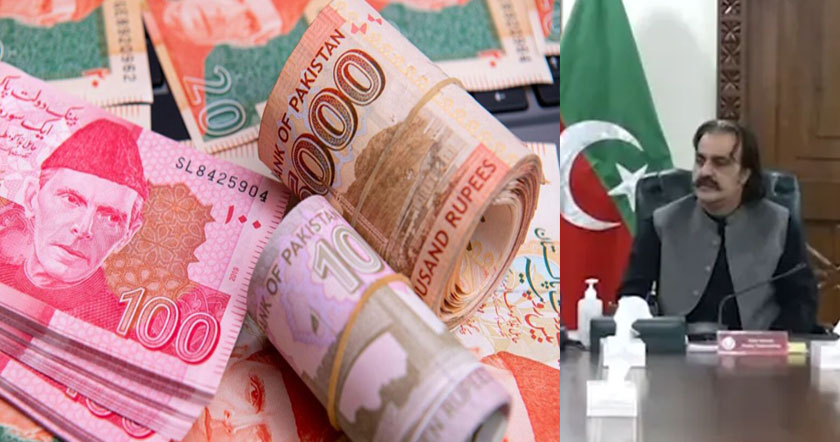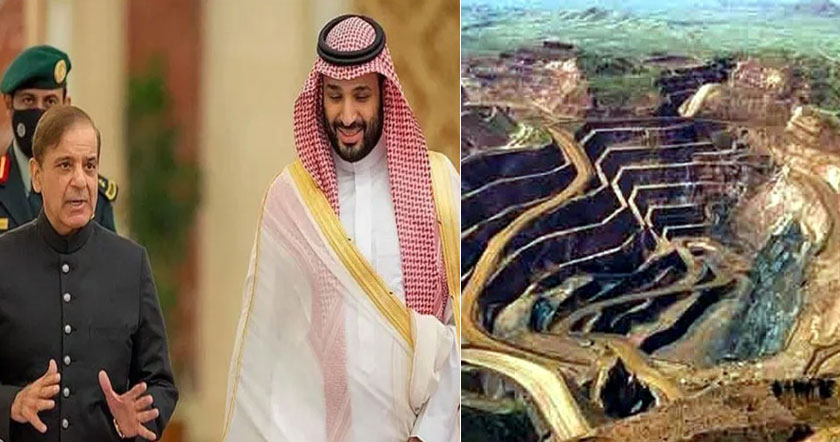Foreign Ministry instructs envoys in 30 countries to send 'diplomatic protest' to host nations over plan for September vote in Security Council.
By Barak Ravid
Israel informed the 15 members of the United Nations Security Council last week, as well as several other prominent European Union countries, that if the Palestinian Authority persists in its efforts to gain recognition in September as a state within the 1967 borders, Israel would respond with a series of unilateral steps of its own.
Senior Foreign Ministry officials said the ministry's director general, Rafael Barak, sent a classified cable last week to more than 30 Israeli embassies, directing them to lodge a diplomatic protest at the highest possible level in response to the Palestinian efforts to gain international recognition for statehood at the UN General Assembly session in September.

The Israeli diplomatic corps conveyed the message that support for international recognition, particularly by most of the members of the European Union, encouraged the Palestinians to forgo negotiations with Israel and to move more quickly toward recognition at the UN of Palestinian statehood. Israeli diplomats stressed that such a move violates the Oslo Accords and will not lead to a Palestinian state even if the General Assembly grants recognition, but could lead to violence on the ground.
stressed that such a move violates the Oslo Accords and will not lead to a Palestinian state even if the General Assembly grants recognition, but could lead to violence on the ground.
European diplomats have confirmed to Haaretz that such a message was conveyed several days ago. One diplomat said his country did not receive a serious response when asked what unilateral steps Israel might take. Another diplomat, from a European country, said in light of the current deadlock in negotiations, international recognition of Palestinian statehood appeared unavoidable in September.
Foreign Ministry sources said no decision has been taken at this stage over a possible Israeli response to UN recognition of Palestinian statehood, and Prime Minister Benjamin Netanyahu has not held any major discussion of such a response on a formal level among his cabinet colleagues. Ideas have been floated on the right wing of the political spectrum in recent weeks, suggesting, for example, that Israel might apply Israeli law to the West Bank or annex major settlement blocs to Israel.
September is expected to be pivotal for several reasons. Last September, U.S. President Barack Obama told the General Assembly that he wished to see a Palestinian state become a member of the UN within a year. In addition, Israel and the Palestinians had agreed that the talks they undertook last September 2 in Washington would last for about a year. Thirdly, Palestinian Prime Minister Salam Fayyad's program of establishing institutions for a future Palestinian state is due to be wrapped up this coming September.
Palestinian President Mahmoud Abbas met on Sunday in Ramallah with former Knesset member Yossi Beilin and told him that the Palestinian Authority would not engage in further negotiations with Israel after September. Senior Palestinian sources added, however, that if negotiations are resumed before September and make progress, the Palestinians would be prepared to defer efforts to gain UN recognition of statehood.
Abbas told Beilin that it would be possible to engage in three months of talks in an effort to achieve progress before September, but Netanyahu would have to suspend construction in the West Bank settlements during that period. The PA leader added that the Palestinians would not renew violence against Israel, but hinted at his possible resignation or the breakup of the PA, telling Beilin that there is no October 2011 on his schedule.
There are currently no contacts between representatives of Netanyahu and Abbas's advisers, and Netanyahu appears to have backtracked on his intention to deliver a major policy speech to jump-start the peace process.
source
By Barak Ravid
Israel informed the 15 members of the United Nations Security Council last week, as well as several other prominent European Union countries, that if the Palestinian Authority persists in its efforts to gain recognition in September as a state within the 1967 borders, Israel would respond with a series of unilateral steps of its own.
Senior Foreign Ministry officials said the ministry's director general, Rafael Barak, sent a classified cable last week to more than 30 Israeli embassies, directing them to lodge a diplomatic protest at the highest possible level in response to the Palestinian efforts to gain international recognition for statehood at the UN General Assembly session in September.

The Israeli diplomatic corps conveyed the message that support for international recognition, particularly by most of the members of the European Union, encouraged the Palestinians to forgo negotiations with Israel and to move more quickly toward recognition at the UN of Palestinian statehood. Israeli diplomats stressed that such a move violates the Oslo Accords and will not lead to a Palestinian state even if the General Assembly grants recognition, but could lead to violence on the ground.
stressed that such a move violates the Oslo Accords and will not lead to a Palestinian state even if the General Assembly grants recognition, but could lead to violence on the ground.
European diplomats have confirmed to Haaretz that such a message was conveyed several days ago. One diplomat said his country did not receive a serious response when asked what unilateral steps Israel might take. Another diplomat, from a European country, said in light of the current deadlock in negotiations, international recognition of Palestinian statehood appeared unavoidable in September.
Foreign Ministry sources said no decision has been taken at this stage over a possible Israeli response to UN recognition of Palestinian statehood, and Prime Minister Benjamin Netanyahu has not held any major discussion of such a response on a formal level among his cabinet colleagues. Ideas have been floated on the right wing of the political spectrum in recent weeks, suggesting, for example, that Israel might apply Israeli law to the West Bank or annex major settlement blocs to Israel.
September is expected to be pivotal for several reasons. Last September, U.S. President Barack Obama told the General Assembly that he wished to see a Palestinian state become a member of the UN within a year. In addition, Israel and the Palestinians had agreed that the talks they undertook last September 2 in Washington would last for about a year. Thirdly, Palestinian Prime Minister Salam Fayyad's program of establishing institutions for a future Palestinian state is due to be wrapped up this coming September.
Palestinian President Mahmoud Abbas met on Sunday in Ramallah with former Knesset member Yossi Beilin and told him that the Palestinian Authority would not engage in further negotiations with Israel after September. Senior Palestinian sources added, however, that if negotiations are resumed before September and make progress, the Palestinians would be prepared to defer efforts to gain UN recognition of statehood.
Abbas told Beilin that it would be possible to engage in three months of talks in an effort to achieve progress before September, but Netanyahu would have to suspend construction in the West Bank settlements during that period. The PA leader added that the Palestinians would not renew violence against Israel, but hinted at his possible resignation or the breakup of the PA, telling Beilin that there is no October 2011 on his schedule.
There are currently no contacts between representatives of Netanyahu and Abbas's advisers, and Netanyahu appears to have backtracked on his intention to deliver a major policy speech to jump-start the peace process.
source



